Rise in number of dengue cases in Telangana’s urban centres
Mon 11 Oct 2021, 22:29:14
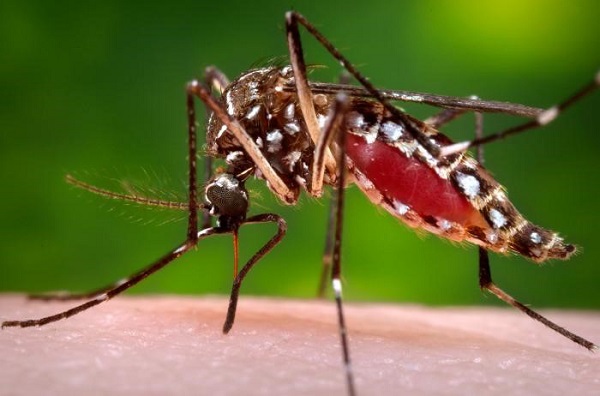
The urban centres of Telangana, especially areas under Greater Hyderabad Municipal Corporation (GHMC), Medchal-Malkajgiri and Rangareddy districts, continued to report a large number of dengue cases in the months of September and October.
The extended seasonal rains have created ideal conditions for mosquito breeding, which triggered cases of dengue in large numbers, health officials said. According to the Department of Public Health, 50 per cent to 60 per cent of dengue cases reported in the last one month across Telangana have come from urban centres, especially from the districts of Hyderabad, Medchal-Malkajgiri and Rangareddy.
“Non-stop rains have triggered viral fevers, dengue and malaria especially in urban centres. Among the seasonal diseases, 90 per cent of the ailments are viral fevers while the rest are dengue followed by malaria. Cases of dengue are high in areas under GHMC, RR and Medchal-Malkajgiri, Warangal and Khammam. Also, Mulugu and Bhadradri Kothagudem districts have seen a sharp rise in malaria cases,” Director of Public Health (DPH) Dr G Srinivasa
Rao on Monday said.
Rao on Monday said.
In August, there were 1,720 dengue positive cases reported in Telangana while between September and October 4, the number of dengue cases shot up to 2,500 with 60 per cent of them reported from GHMC and surrounding districts.
“People should realise that stagnant water is the prime source for mosquito breeding. While municipal and other link departments are doing their best in conducting anti-larval measures, individual households on their part must observe dry day at least once a week and get rid of all potential breeding grounds,” said Dr Rao.
Between January and June, the State received about 600 positive cases of dengue but since then the cases of surged. “Based on our past experience, we are hoping that by the end of October, seasonal ailments will start to tapper off. The symptoms of seasonal ailments and Covid are almost similar. That’s why we urge people to quickly get tested for Covid-19 and later for other seasonal ailments like dengue and malaria. Quick testing and initiating treatment is important,” Dr Rao said.
No Comments For This Post, Be first to write a Comment.
Most viewed from Health
AIMIM News
Latest Urdu News
Most Viewed
May 26, 2020
Where should be the burial of the pilgrims martyred in the Saudi Arabia bus accident?
Latest Videos View All
Like Us
Home
About Us
Advertise With Us
All Polls
Epaper Archives
Privacy Policy
Contact Us
Download Etemaad App
© 2025 Etemaad Daily News, All Rights Reserved.




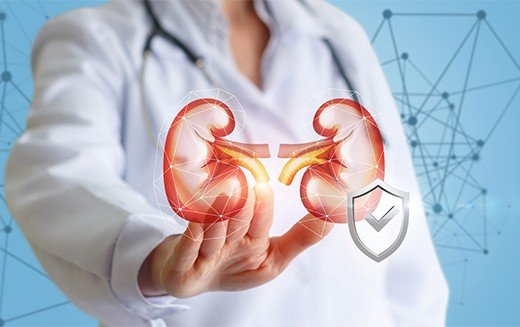
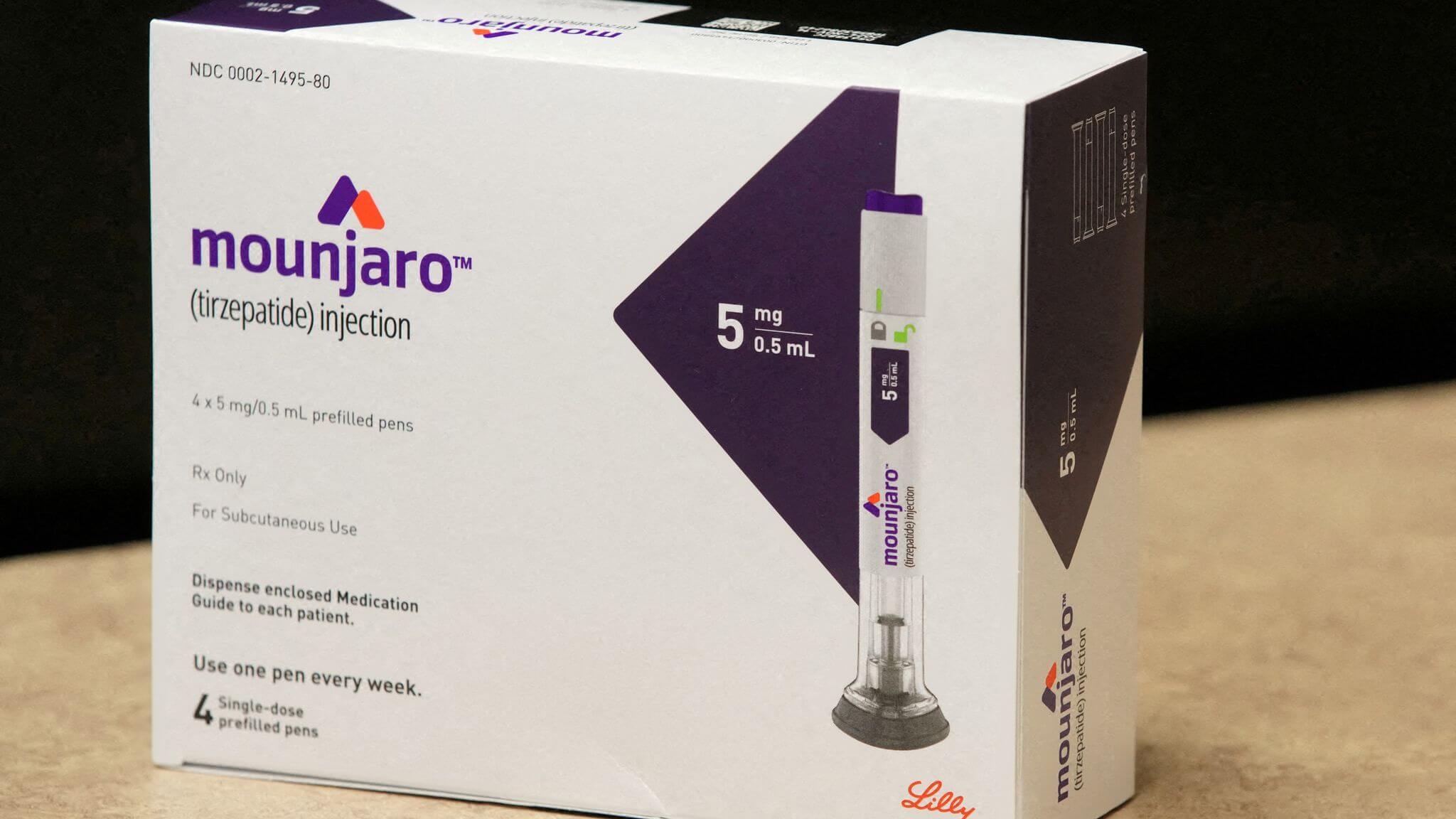

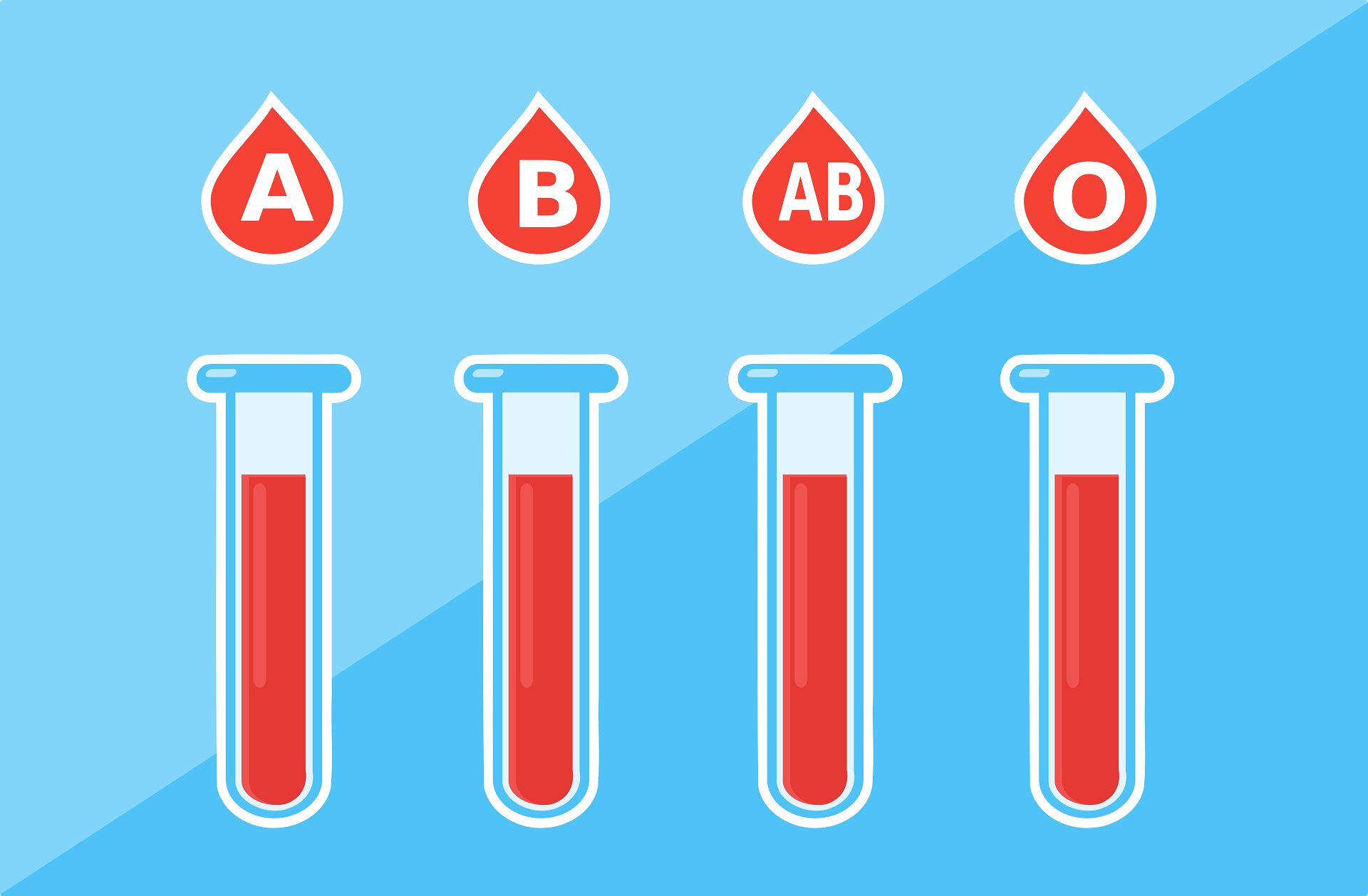


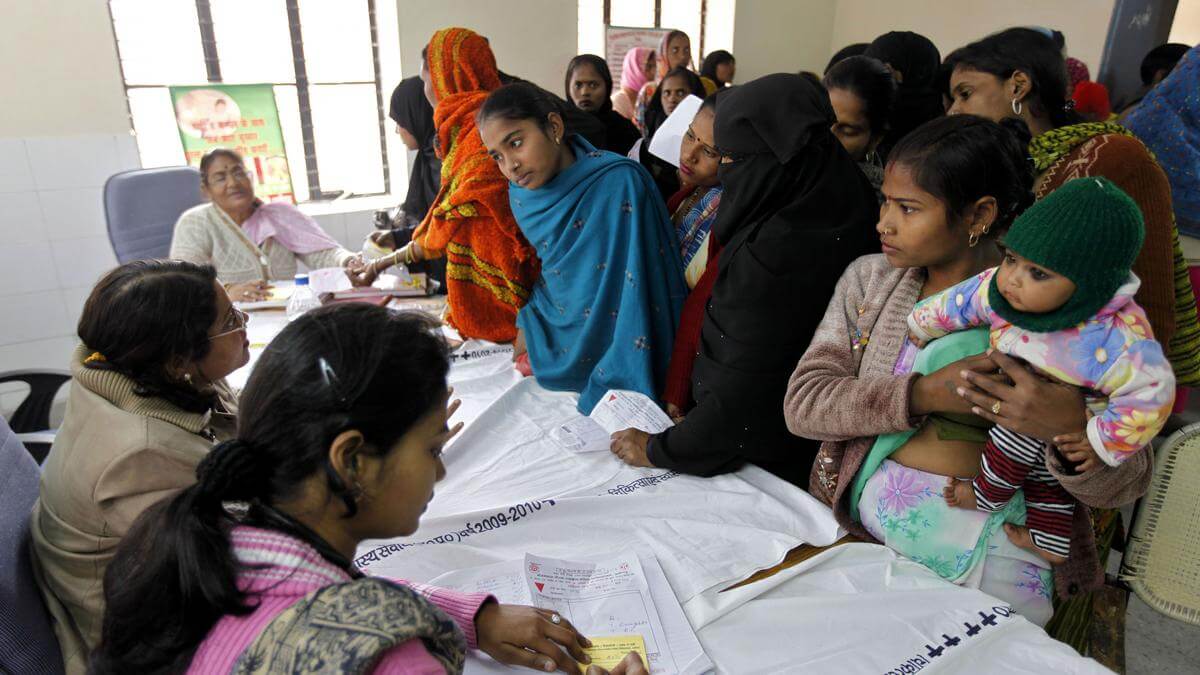

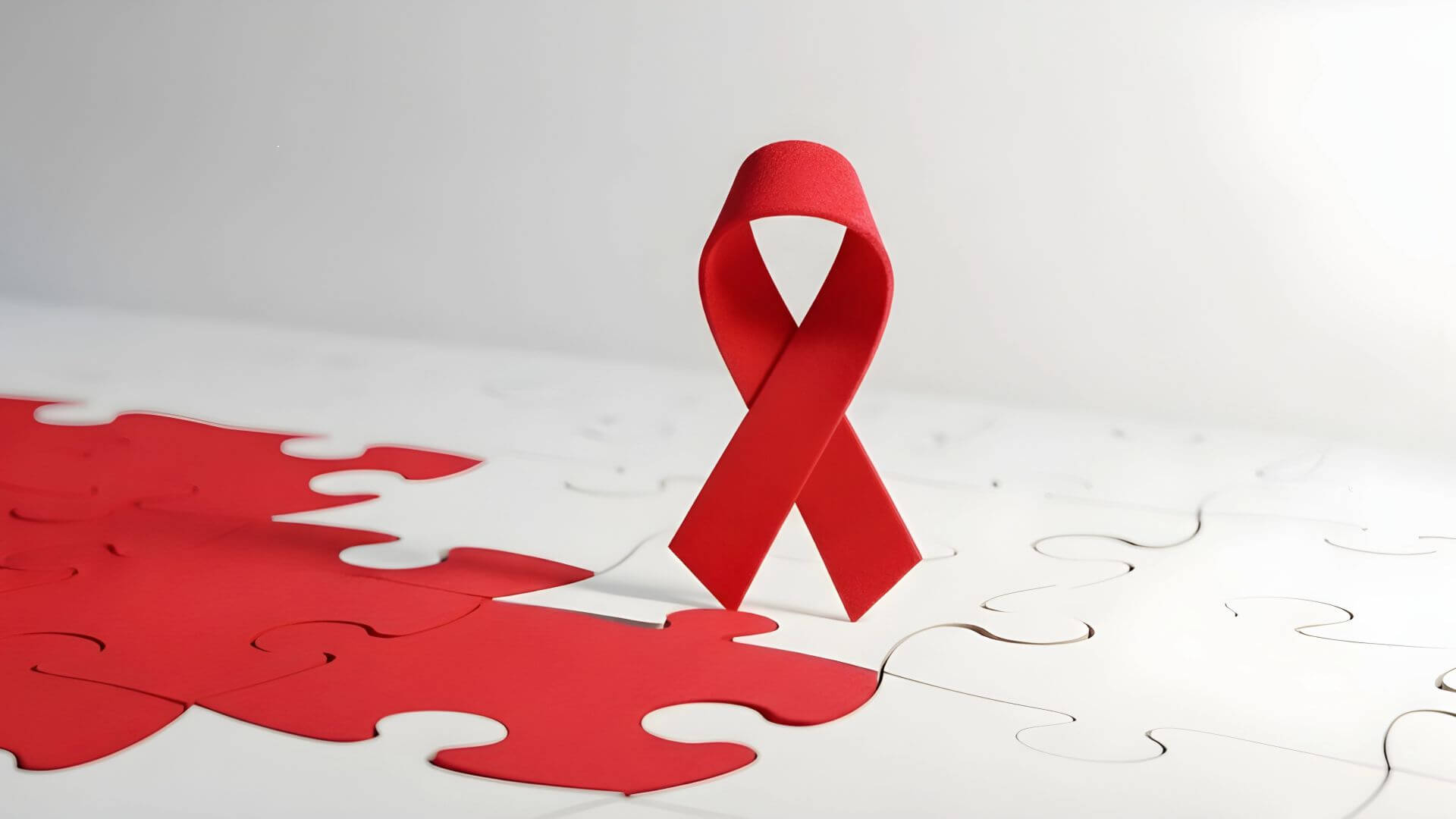











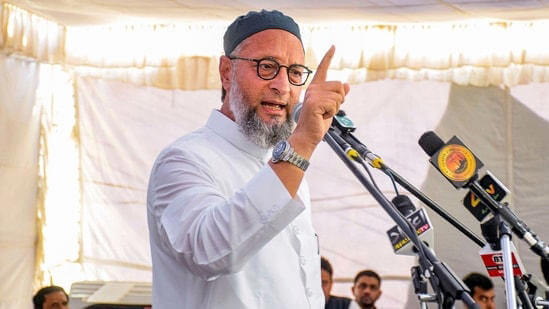
.jpg)
.jpg)
.jpg)


